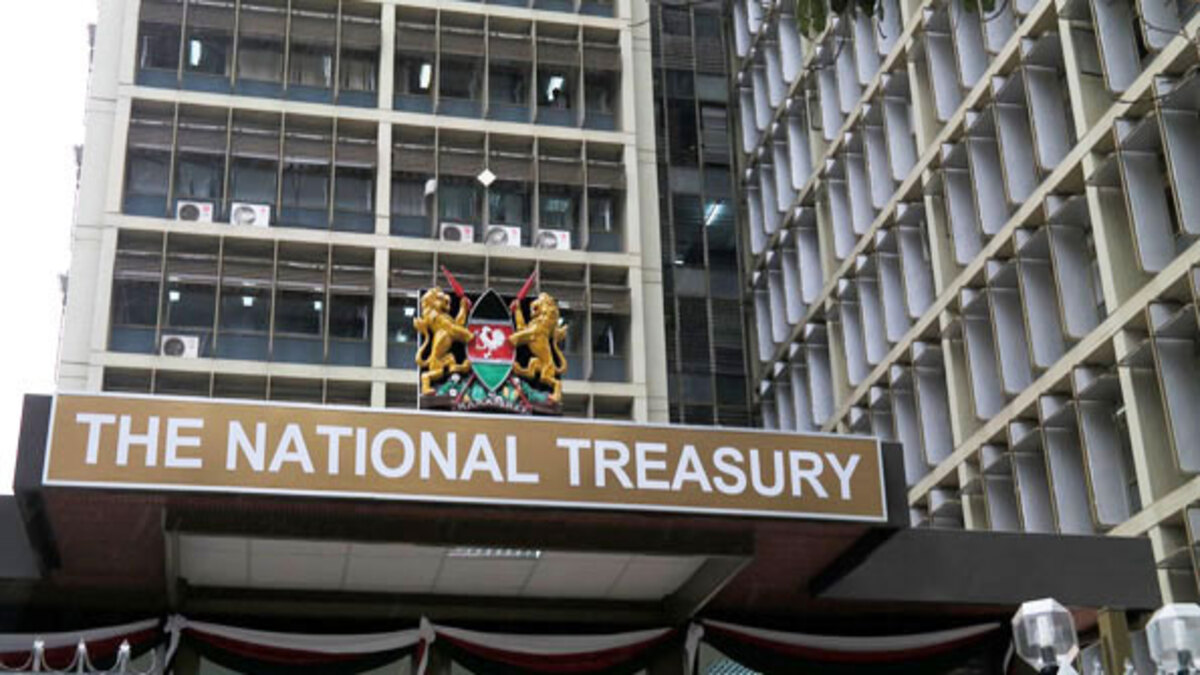Kenya’s Treasury faces intense scrutiny following a damning special audit report. Auditor General Nancy Gathungu revealed massive discrepancies in external debt servicing.
The report highlights unexplained expenditures amounting to Ksh.161 billion. These payments span across three financial years. Moreover, the findings show significant variations between budgeted and actual debt payments.

Furthermore, the Treasury’s handling of debt servicing raises serious concerns. The department’s spending patterns show alarming inconsistencies. In particular, the 2021-2022 financial year saw an underpayment of Ksh.83.3 billion.
However, the following year painted a different picture. During 2022-2023, the Treasury overspent by Ksh.77 billion. Subsequently, these fluctuations exceed the legal threshold of 5% to 10%.
Additionally, the Auditor General’s report points to deeper systemic issues. Notably, there is inadequate documentation linking borrowed funds to specific projects. Consequently, this lack of transparency raises red flags about possible mismanagement.
Meanwhile, the report reveals troubling patterns in debt management practices. The Treasury’s inability to provide clear documentation is particularly concerning. Subsequently, this hampers efforts to track the utilisation of borrowed funds.
Furthermore, the audit findings indicate potential violations of financial regulations. The excessive variations in debt servicing payments breach established guidelines. Therefore, this calls for immediate corrective measures.
Interestingly, the report sheds light on broader financial management issues. The Treasury’s oversight of external debt appears inconsistent. Consequently, this poses risks to Kenya’s fiscal stability.
Moreover, the absence of proper documentation raises accountability concerns. The public cannot trace how borrowed funds benefit specific development projects. Subsequently, this lack of transparency fuels speculation about resource utilisation.
The Auditor General’s office conducted thorough investigations. Their findings reveal systematic weaknesses in debt management. Therefore, this calls for urgent reforms in the Treasury’s operations.
Additionally, the report highlights the need for stronger oversight mechanisms. Current systems appear inadequate in tracking debt-related transactions. Subsequently, this creates loopholes that could enable mismanagement.
Furthermore, the findings underscore the importance of proper documentation. Every borrowed shilling should link to specific development projects. Consequently, this ensures accountability and transparency.
Meanwhile, the report recommends several corrective measures. The Treasury must strengthen its internal controls. Moreover, it should improve documentation of all debt-related transactions.
Additionally, the audit calls for better alignment of budgeted versus actual payments. Large variations indicate poor planning or execution. Therefore, the Treasury must address these discrepancies.
Furthermore, the report emphasises the need for regular monitoring. Proper tracking systems would prevent unexplained expenditures. Consequently, this would enhance transparency in debt management.
The findings also highlight the importance of public accountability. Taxpayers deserve clear explanations about debt utilisation. Moreover, they should see tangible benefits from borrowed funds.
Additionally, the report calls for stricter adherence to legal limits. Variations in debt servicing should not exceed prescribed thresholds. Therefore, the Treasury must improve its financial planning.
Furthermore, the audit recommendations focus on systematic improvements. Better documentation and tracking systems are essential. Consequently, this would prevent future discrepancies.
Moreover, the report stresses the need for immediate action. The Treasury must address these issues promptly. Subsequently, this would restore public confidence in debt management.
The Auditor General’s findings serve as a wake-up call. Kenya’s debt management practices need urgent reform. Therefore, relevant authorities must take decisive action.



















